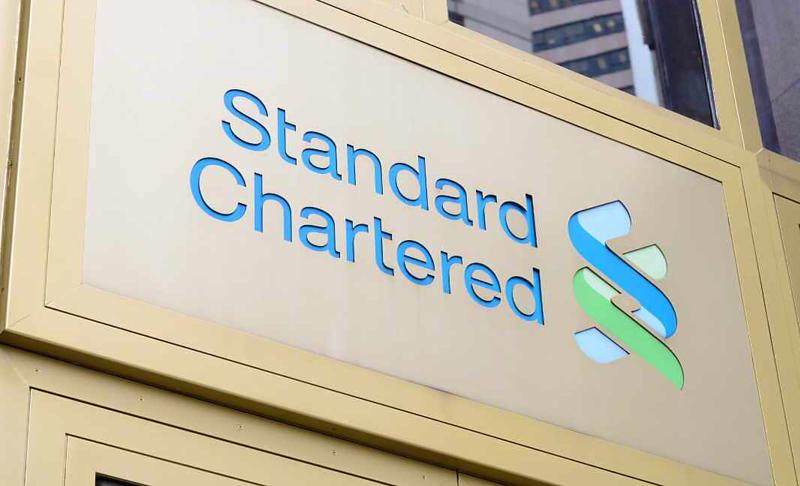The main headquarters of Standard Chartered Bank Vietnam in Hanoi received the prestigious LEED Gold certification on September 5, 2023, for its environmentally-friendly design by the LEED Green Building rating system of the US Green Building Council and verified by Green Business Certification. This reinforces the bank’s commitment to sustainable development.
The certification marks the success of the bank’s headquarters at the Capital Place building in the categories of Construction and Interior Design, serving as a prime example of sustainable practices and responsible design. The office is designed with open spaces, providing a comfortable working environment for employees, while also incorporating technology, sustainable lighting systems, environmentally-friendly materials and equipment, real-time indoor air quality monitoring, and WHO-compliant safe drinking water as some of its improvements.
The LEED Gold certification contributes to the bank’s efforts in promoting the United Nations Sustainable Development Goals (SDGs), including improving health and well-being, ensuring clean water sources, enhancing energy efficiency, and reducing carbon emissions.
In addition, the Capital Place office building has also received LEED and WELL certifications for green construction, in line with the bank’s efforts to create an environmentally-friendly workspace, conserve energy, and continually strive toward zero carbon emissions.
“The LEED Gold certification for our premises reflects our shared values and commitment to crafting spaces that excel in functionality while minimizing our ecological footprint,” said Ms. Michele Wee, CEO of Standard Chartered Bank Vietnam. “We are very proud of our team for their passion and dedication and working together to deliver this achievement. Standard Chartered commits to continue to drive sustainable economic growth, embrace responsible practices and invest in the Vietnamese community.”
The bank has also set a goal of achieving net-zero carbon emissions in its financial activities by 2050, including reduction targets in the highest carbon-emitting areas, as well as mobilizing $300 billion in sustainable development financing by 2030.









 Google translate
Google translate